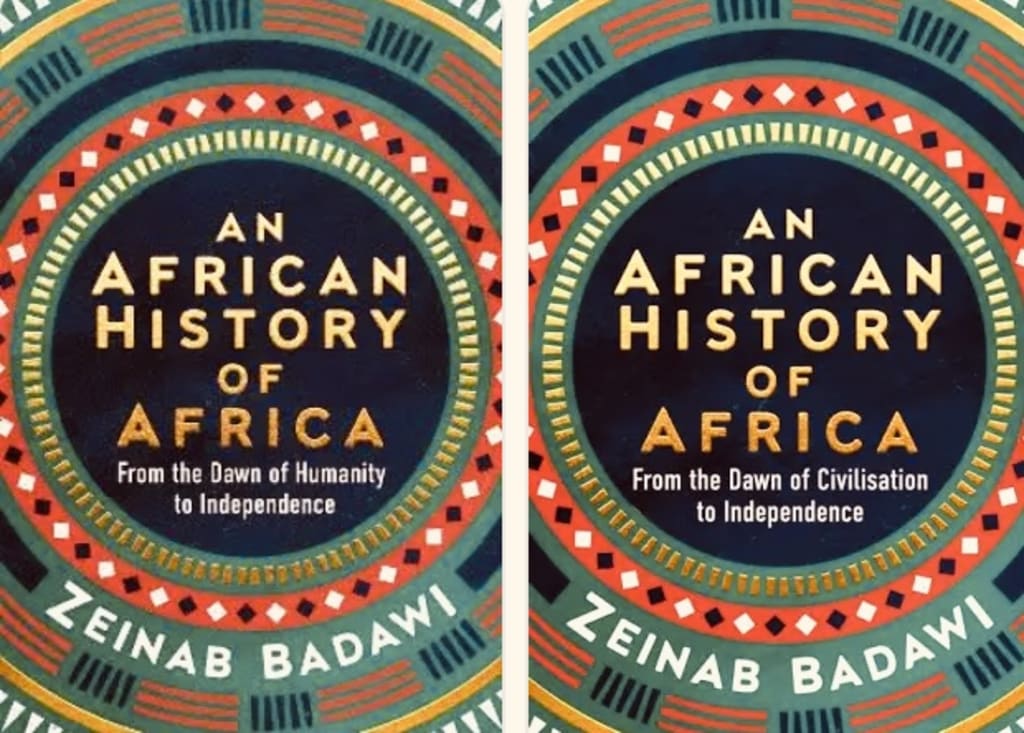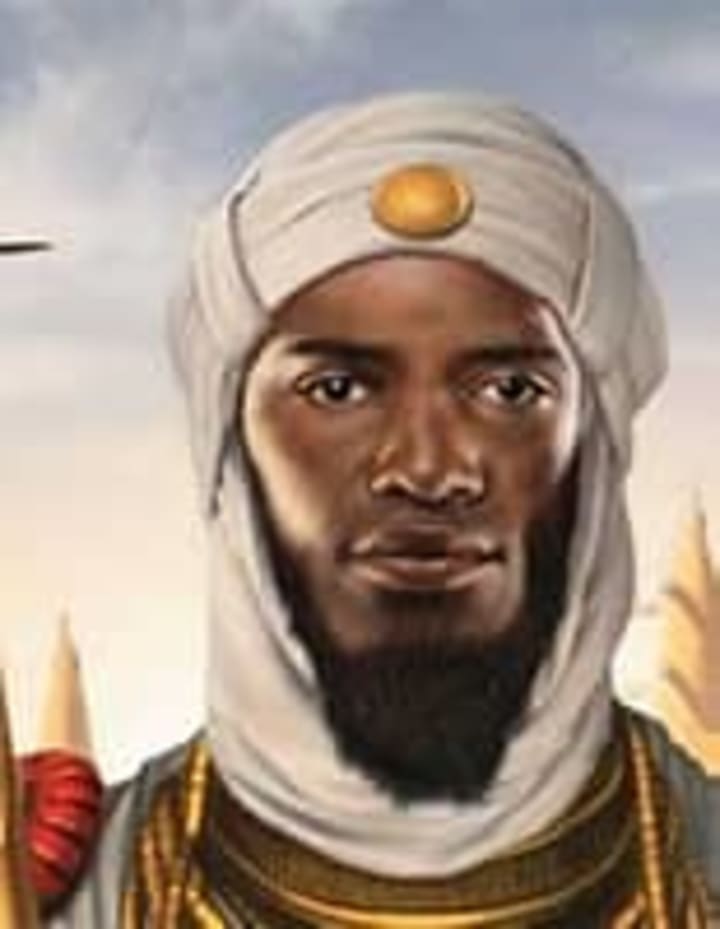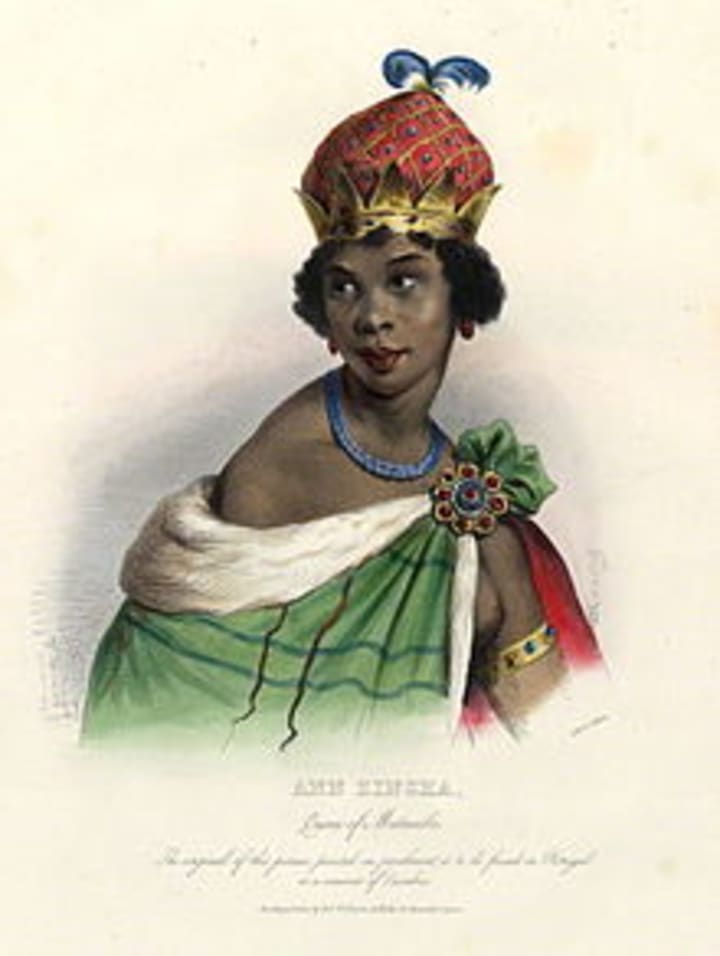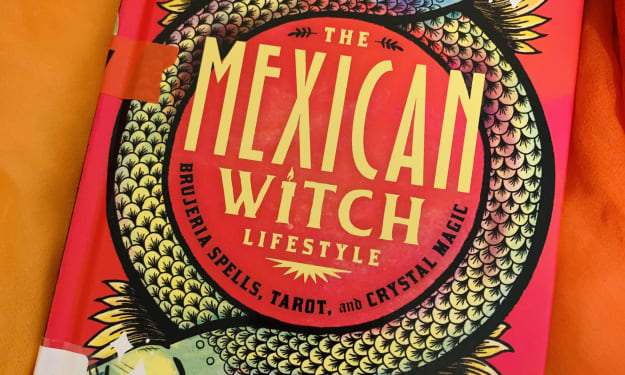An African history of Africa and finding out that the richest man in the world was of African descent.
Great empires, conquest, sex and power: The history of Africa we never hear about.

Throughout history, we have learned of the riches of ancestors and how their cunning could either lead to the enduring success of their race, or how their greed could lead to a society's downfall.
The question can be asked if the richest men who ever lived were Elon Musk, Jeff Bezos or Paul Getty?
The answer would probably be Mansa Musa, the 14th Century King of the Mali Empire, with wealth equivalent to $400bn (£320bn) in today’s money.

Mansa Musa (c. 1337) was the ninth Mansa of the Mali Empire, which reached its territorial peak during his reign. Musa's reign is often regarded as the zenith of Mali's power and prestige.
Musa was extremely wealthy; it has been suggested that he was the wealthiest person in history, but the extent of his actual wealth is not known with any certainty. It is known from local manuscripts and travellers accounts that Mansa Musa's wealth came principally from the Mali Empire controlling and taxing the trade in salt from northern regions and especially from gold panned and mined in the gold-rich regions to the south: Bambuk, Wangara, Bure, Galam, Taghaza and other such kingdoms over many centuries. Over a very long period Mali had created a large reserve of gold. Mali is also suspected to have been involved in the trade in many goods such as ivory, slaves, spices, silks, and ceramics. Presently, little is known about the extent or mechanics of these trades. At the time of Musa's ascension to the throne, Mali in large part consisted of the territory of the former Ghana Empire, which Mali had conquered. The Mali Empire consisted of land that is now part of Guinea, Senegal, Mauritania, the Gambia, and the modern state of Mali.
~~~~~
In her book An African History of Africa, Zeinab Badawi, who is on a mission to put the continent’s little appreciated history and culture on the map speaks of some of these misconceptions of the African civilization.

The BBC broadcaster and author hopes that her new book will show much of the continent’s culture we never hear about; that there is more to it than Tutankhamun and the Benin Bronzes.
In her book she details the incredible stories of the Kush empire in Sudan, her homeland. The Kush civilization empire saved Ancient Egypt from invasion and even gave it some of its pharaohs.
She looks at the African culture, art and architecture that has been banned from books in schools as recently as the era of apartheid South Africa and what was white-ruled Rhodesia.
Badawi thinks that a greater appreciation of the culture and history of Africa will serve the continent well, as Africans also need to learn more about their history.
Books and films covering Africa, have usually viewed the continent from Western perspectives.
Badawi envisions that instead of black actors being handed scraps with historically suspect parts in insipid Jane Austen imitations, they could be playing the incredible personalities who existed back then, as well as enacting the true stories from Africa, which broadcasters and Western-centric history courses never tell us about.
She speaks enthusiastically of the incredible lives of Queen Njinga or Changamire Dombo, both the bane of Africa’s Portuguese colonizers in the 17th century, or warrior Queen Kahina in North Africa.
These women and men were huge personalities in African history, and Badawi tried to point this out quite clearly in her book. She feels that is very important to tell the history through the actual personalities because history is best understood if it is seared into the eyes of imagination.
Queen Njinga

Nzinga Ana de Sousa Mbande, n̪.ʒ̩ĩ̝ˑŋ̟̆a̤̞] (1583 – 1663) was a southwest African ruler who ruled as queen of the Ambundu Kingdoms of Ndongo. located in present-day northern Angola. Born into the ruling family of Ndongo, her father was the king of Ndongo.
Njinga received military and political training as a child, and she demonstrated an aptitude for defusing political crises as an ambassador to the Portuguese Empire. In 1624, she assumed power over Ndongo after the death of her brother Mbandi. She ruled during a period of rapid growth of the African slave trade and encroachment by the Portuguese Empire in South West Africa. The Portuguese declared war on Ndongo in 1626 and by 1628, Njinga's army had been severely depleted and they went into exile. In search of allies, she married Imbangala warlord Kasanje. Using this new alliance to rebuild her forces, she conquered the Kingdom of Matamba from 1631 to 1635. In 1641, she entered into an alliance with the Dutch West India Company who had captured Luanda from the Portuguese.
Between 1641 and 1644, Njinga was able to reclaim large parts of Ndongo. Alongside the Dutch, she defeated the Portuguese in a number of battles but was unable to take the Fortress of Massangano. In 1648, the Portuguese recaptured Luanda, with the Dutch leaving Angola. Njinga continued to fight the Portuguese until a peace treaty was signed in 1656. Njinga’s forces took hundreds of thousands of captives, allowing the queen to sell nearly 200,000 slaves to the Portuguese.
In the centuries since her death, Njinga has been increasingly recognized as a major historical figure in Angola and in the wider Atlantic Creole culture. She is remembered for her intelligence, her political and diplomatic wisdom, and her military tactics.
Again the questionable distaste arises of Africans selling their own people into slavery.
~~~~~~~~
Changamire Dombo
Changamire Dombo, she says, is “one of the key figures missing from our understanding of Africa”.
He was a single herdsman who rose to establish the Rosvi empire across much of modern day Zimbabwe, north-eastern South Africa and parts of Botswana and Mozambique. His strategic cunning allowed him to frequently best the heavily armed Portuguese sniffing around for land and resources.
The Rozvi Empire (1500–1866) was a Shona state established on the Zimbabwean Plateau by Changamire Dombo.
In 1683, Portuguese militia tried to take control of the gold trade in the interior of Africa by invading the Rozvi empire. However, the Rozvi, armed with their traditional spears and shields, repelled these attacks and maintained control of the gold mines, until their empire collapsed. The Rozvi were led by Changamire Dombo, and his son Kambgun Dombowhose power was based in Butua in the southwest of Africa. The Rozvi were formed from several Shona states that dominated the plateau of present-day Zimbabwe. They drove the Portuguese off the central plateau, and the Europeans retained only a nominal presence at one of the fair-towns in the eastern highlands.
~~~~~~~~
Queen Kahina
Al-Kahina الكاهنة, also known as Dihya, was a Berber queen of the Aurès and a religious and military leader who led indigenous resistance to the Muslim conquest of the Maghreb, notably defeating the Umayyad forces in the Battle of Meskiana after which she became the uncontested ruler of the whole Maghreb, before being decisively defeated at the Battle of Tabarka. She was born in the early 7th century AD and died around the end of the 7th century in modern-day Algeria. She is considered one of the most famous figures in the history of the Berber resistance to the Arab conquest in the 7th century.
Inaccurate depictions of personalities in movies
Badawi notes that Jada Pinkett Smith did produce a docuseries, African Queen, about warrior Queen Njinga for Netflix, although this majored on entertainment rather than the historical facts.
The available evidence suggests Njinga was clever, ruthless, very handy with a fighting axe and sexually voracious.
Badawi informs us that the warrior queen “enjoyed the trappings of male power…and indulged in the services of male concubines whom she required to dress in female clothing and address her as king”.
From early in her reign that begun in 1624, Njinga, like Dombo, also defied Portuguese invaders – who had already abducted thousands for the slave trade – and successfully waged diplomatic and military campaigns against them.
Njinga, however, was no angel. She did provide enslaved people to the Portuguese in large numbers, and that’s glossed over. It’s likely, too, that she murdered her nephew to gain power and attacked rival Africans. She eventually wrote to the Pope asking to be accepted as a Christian monarch.
Badawi’s dive into African history and culture is all the better for not being a hagiography (a biography that treats its subject with undue reverence) of the continent and its peoples. The book looks, for instance, at the involvement of the Arabs and black Africans in the slave trade.
It also examines this epochal scar on human history from neglected angles, including the effects it had on those left behind – from family tragedies to economies denuded of the young workforces they needed to grow and develop.
Economic as well as moral arguments were behind the abolition of slavery. By the 19th century, as the West switched to industrial capitalism, it needed cheap labor back in Africa to facilitate the import of cotton rubber and palm oil.
Next came colonization, which continued well into the 20th century; due to the extraordinary cruelty of the Belgians it culminated in the Rwandan genocide of 1994.
The thorny issue of reparations is not one that the book tries to resolve. But it does lay out some convincing arguments over why it needs to be discussed.
But more than anything the book is an illuminating look at how the continent’s art and culture has been buried, discarded – or denied.
The remains of the Great Zimbabwe Kingdom of the 12th century, 240km (149 miles) east of Bulawayo, have been plundered and left to rot and even disappear. The white colonizers of southern Africa insisted that the structures were too sophisticated to have been built by black Africans.
In 1871 the German geologist Carl Gottlieb Mauch said this elaborate 11th Century culture had to have been the work of Phoenician or Israelite settlers, possibly under the instruction of the Queen of Sheba.
...............................................
Excerpts from Story by Michael Day - The i.
An African History of Africa by Zeinab Badawi.
And Wikipedia
About the Creator
Novel Allen
Every new day is a blank slate. Write something new.
Reader insights
Outstanding
Excellent work. Looking forward to reading more!
Top insights
Easy to read and follow
Well-structured & engaging content
On-point and relevant
Writing reflected the title & theme






Comments (6)
Intriguing, I was always interested about the history of Africa. Thanks for sharing this Novel! 💌
Would it make me a bad person if all I could think of was how I would have planned to rob them if I was alive back then during their time 🤣🤣🤣🤣🤣🤣🤣🤣
🧡👏🧡 Kudos, Novel! I applaud this! I shook my head in total agreement when I read, "Badawi envisions that instead of black actors being handed scraps with historically suspect parts in insipid Jane Austen imitations, they could be playing the incredible personalities who existed back then, as well as enacting the true stories from Africa..." Kudos!!! 🧡👏🧡✍️🧡
Wow, so much African history that I have never come across. I did enjoy the Njinga part up until she sold her own soul to the devil by selling her own people. Great article, Novel.
Thank you for researching and sharing
A great history! 🌳